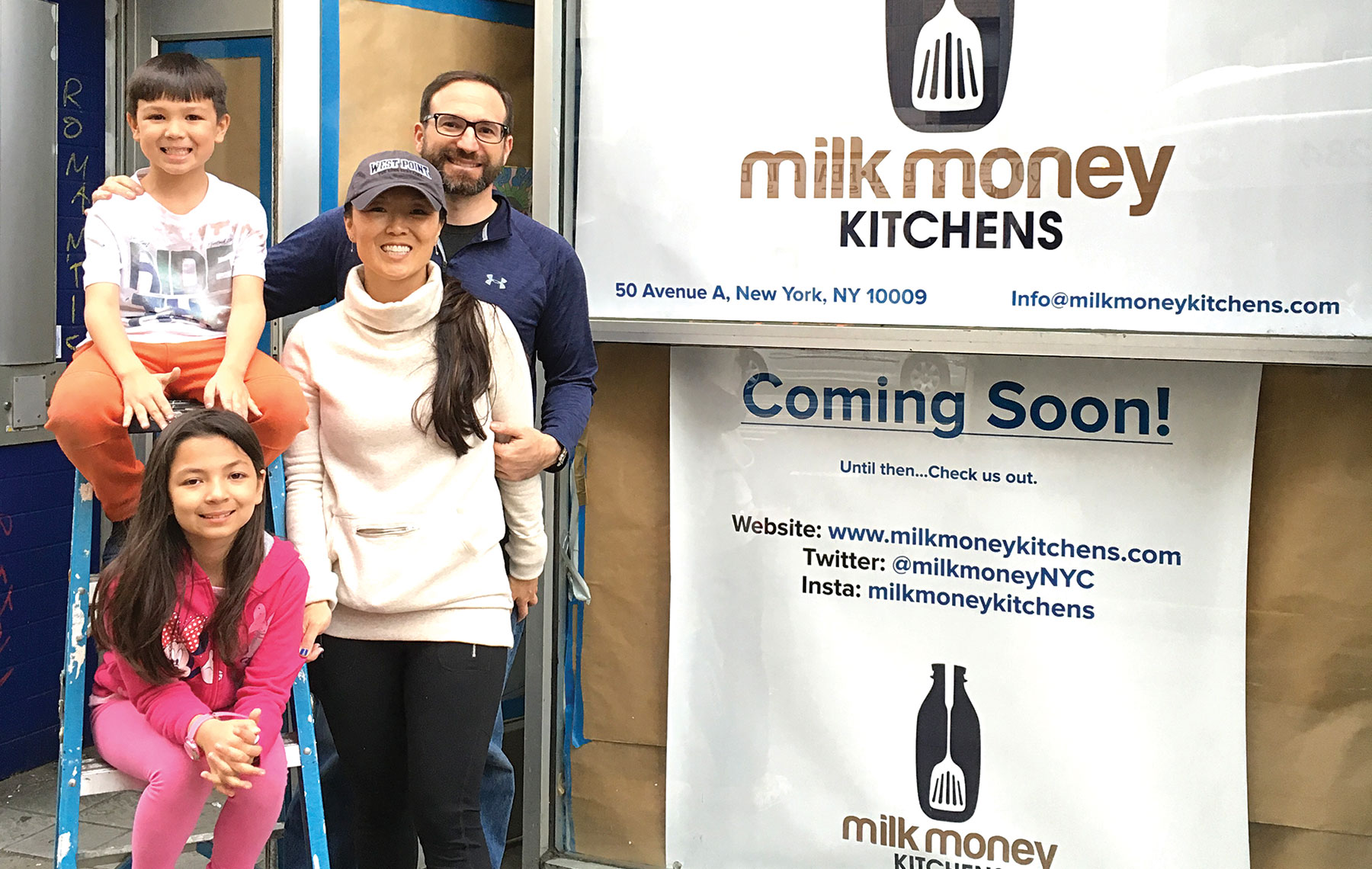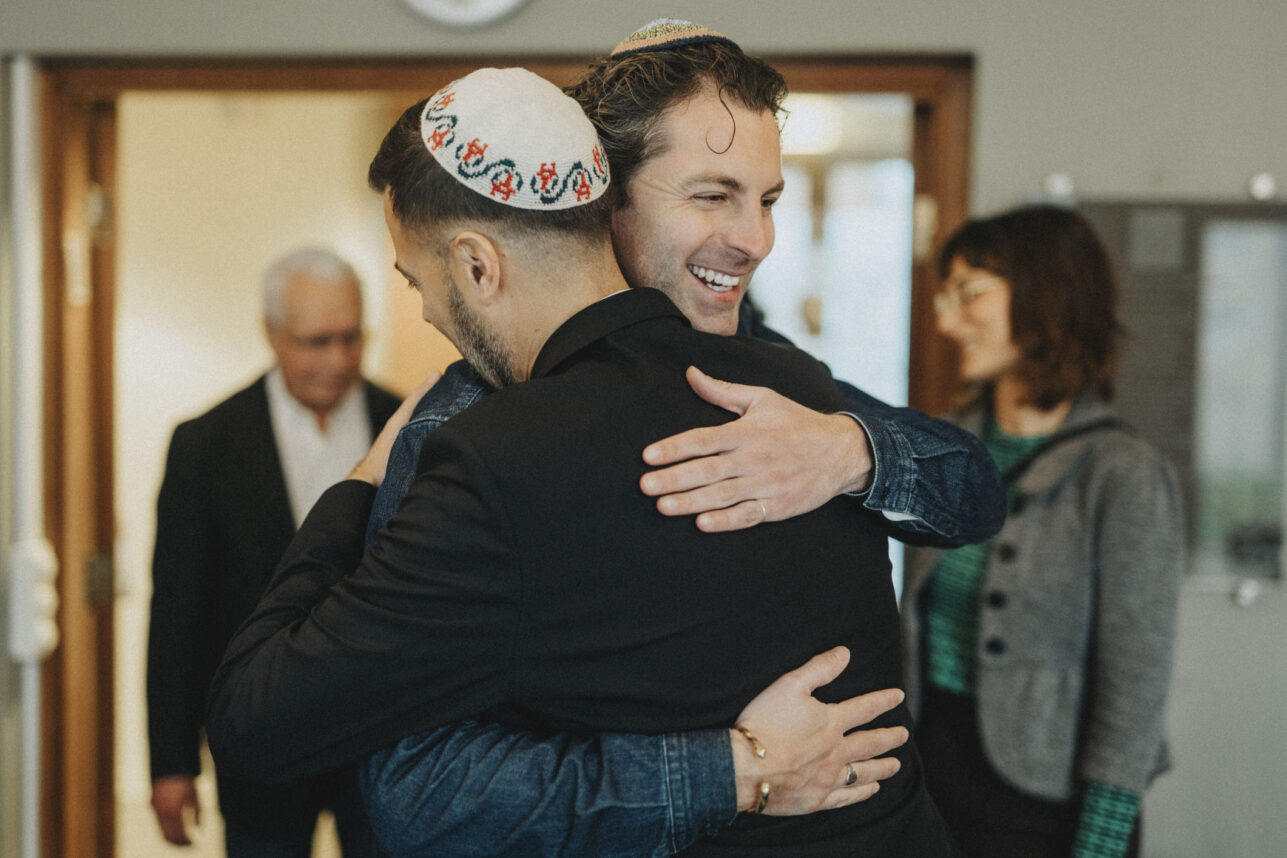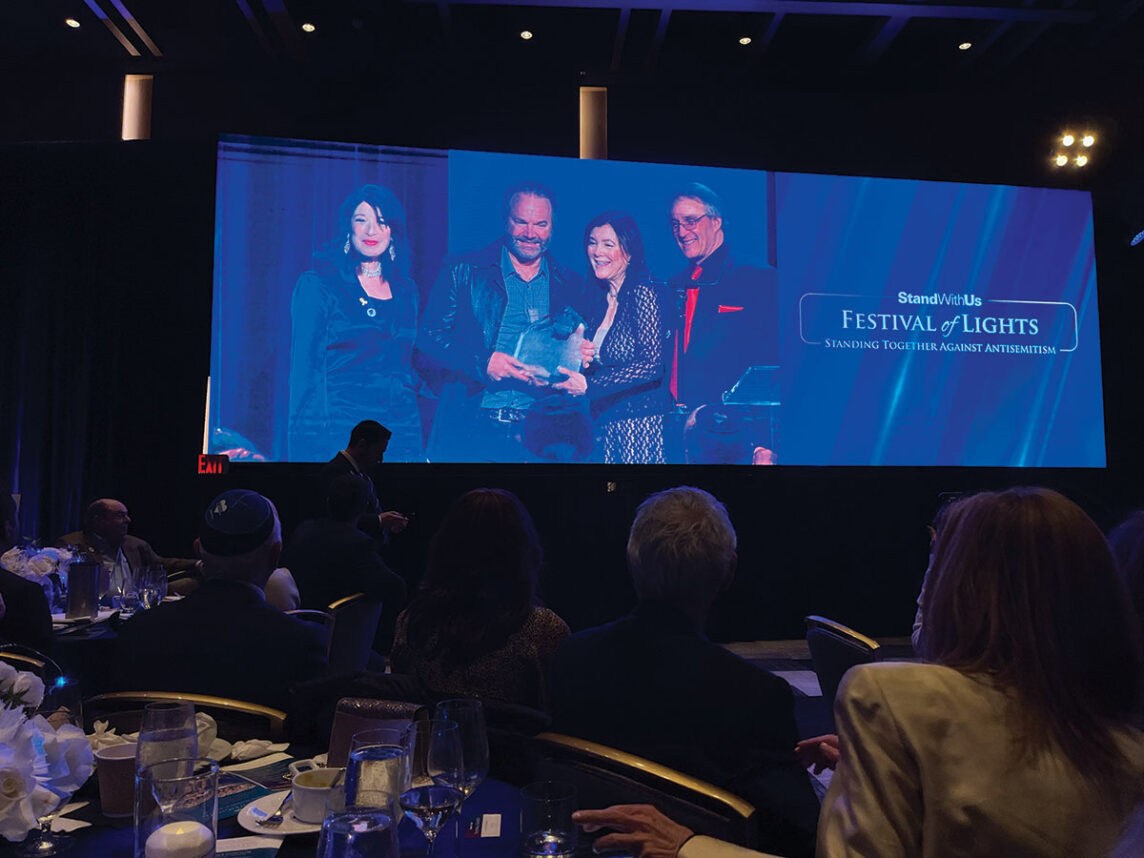
When West Point military Academy graduate Nancy Preston was assigned to the engineering unit of the 3rd Infantry Brigade and deployed to Iraq for 15 months, she made a promise to herself. After nine months straight of working 21-hour days, seven days a week, and with the thought of six more months of the same ahead of her, Preston recalls thinking “If I ever make it out of here, I am getting out of the Army and doing what I love.”
Although she knew her passions centered around food, having inherited the kitchen chops from her Korean mother, and love of service to others from her American father, Preston admits the only thing standing between her and entrepreneurship was confidence. “I never thought I had the grit and stamina to open my own food business but after serving in one of the toughest and longest deployments in the armed forces, I realized that I could do anything.”
Preston was born in a small village in South Korea. Her family was so poor that her last memories of her birthplace involve carrying well water to the family hut several times a day. For the chance at a better life, her family gave up their 6-year-old daughter for adoption to a close family friend, a Korean woman married to an American service member. Her father, now retired from the military, brought her to his hometown of El Paso, where she and her adoptive mother were naturalized. But tragedy stuck a few years later when her father died suddenly, leaving 8-year-old Preston, her older brother and their mother in financial ruin.
Fortunately, although she barely spoke English, Preston’s mother was a skilled cook who could make hearty and delectable meals from mere scraps. She worked in any kitchen that would hire her: restaurants, markets, bars and even bingo halls. Every day after school, she and her brother would join her in whatever kitchen she was working that night. Mostly she remembers how hard her mother labored to keep food on their own table.
Preston said it was her childhood experiences sitting in the corner of various establishments while waiting for her mother to finish, often past midnight, alternating between homework and sleep, that prompted her to think about how food-focused entrepreneurs could start businesses with less risk and capital investment.
“Preston gauged she could create opportunities for people to launch and grow their own business in a shared kitchen facility.”
After leaving the Army, Preston and her husband, Jeff, who she’d met and married in college, moved overseas for government consulting jobs to save money for their business. For four years, Preston researched and collected data on the food industry. She discovered that New York City was the most risky and restrictive market in the U.S. for food businesses. Not only were the laws restricting cottage industries prohibitive, the new minimum wage requirements, taxes, rising rents and food costs made pulling together the capital investment to open even a small food business in New York unfeasible for her and others like her.
Preston’s analysis of the food industry showed that 85% of food-related businesses in the city fail in less than five years, with 60% of these failures happening within 12 months after launching. Calculating an average $320,000 loss of initial capital plus other costs incurred by their vendors, suppliers and employees, Preston gauged she could create opportunities for people to launch and grow their own business in a shared kitchen facility.
After a brief period living with family outside the city, she and her husband, now with two young children in tow, moved to a small apartment in lower Manhattan to launch their business. Their company, Milk Money Kitchens (MMK), what Preston calls “the WeWork for food,” is her solution for cooks who want to delve into the food-space without risking a future of crushing debt. Instead of office space, MMK provides shared commercially licensed kitchen space by the hour — no contractual commitments required.
Preston’s passion and enthusiasm for MMK caught the attention of commercial real estate investor Michael Rakosi while she reluctantly toured one of his properties in the East Village with her broker. Rakosi instantly recognized the validity of MMK’s business model and was so impressed with her business acumen, he kept the space vacant for a year so she was able to secure funding to sign a 10-year lease on the 10,000-square-foot property.
What’s become a dynamic business partnership between Rakosi and Preston will culminate in a late-September opening, with three more MMK locations in the works in strategic locations around the city. Despite its kitchens still being in the final stages of construction, MMK already has 60 committed food businesses signed up and waiting to launch. “Nearly all of our food businesses are minority-owned (90% women and/or ethnic minorities) with fewer than 10% having a professional culinary school background,” Preston said at an auction at a recently shuttered restaurant in the city. “I go to restaurant closings all the time for the great deals on kitchen equipment, but also for the contacts. Restaurants are closing in the city at an alarming rate and laid-off cooks, bakers and pastry chefs are looking to start their own food business without risking a lifetime of crushing debt.”
MMK also helps its clients, who they call “food-preneurs,” solve common business issues by providing consulting to improve production, staffing, cost reduction and expense management.
Although MMK is a for-profit company, it is also a certified B-corporation, and already has committed 1,000 free hours of kitchen rentals and services to veterans and low-income entrepreneurs who want to launch or scale their food business but lack the capital and business savvy.
Preston’s mother died years ago after a prolonged battle with cancer but her influence and work ethic remain a driving force in her daughters’ life. “Food and cooking got us through some hard times and that fuels my belief that it can improve lives through entrepreneurship,” Preston said. “I often think about how different her life would have been if she’d had a place like MMK, if she’d had an opportunity like this.”
When the auction was about to begin, I left the 5-foot-2 powerhouse surrounded by a sea of much larger and aggressive-looking restaurant industry hustlers and grinders. But I wasn’t worried she’d get the short end of the stick. I had the distinct impression that I’d be seeing Preston’s face again, perhaps splashed on the cover of Forbes or in a top spot on one of their famous lists: “Entrepreneurs with grit who changed the face of the food industry.”
Yamit Behar Wood, an Israeli-American food and travel writer, is the executive chef at the U.S. Embassy in Kampala, Uganda, and founder of the New York Kitchen Catering Co.






















 More news and opinions than at a Shabbat dinner, right in your inbox.
More news and opinions than at a Shabbat dinner, right in your inbox.